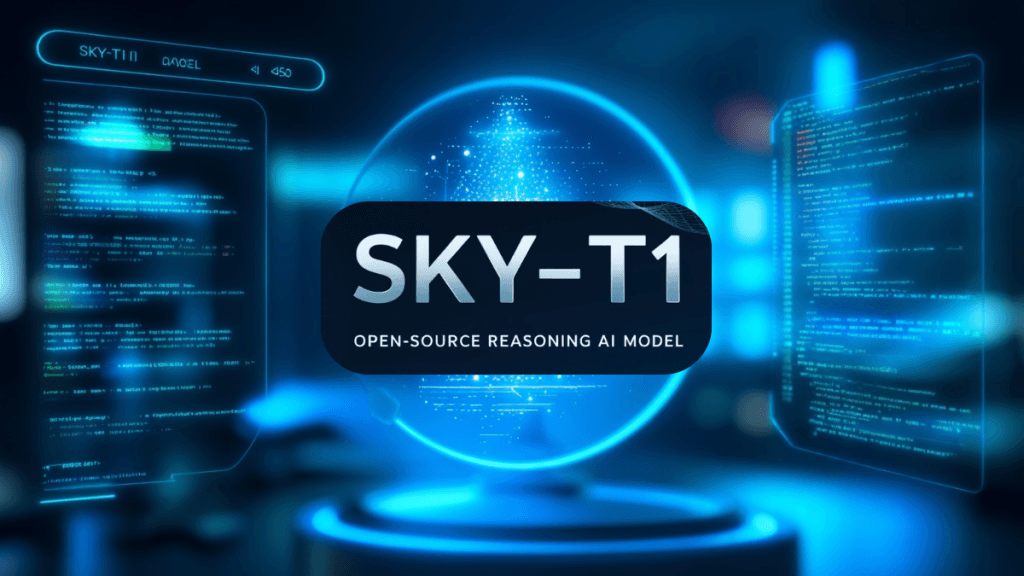OpenAI Acquires Sky to Bring AI Interface to Mac Users
OpenAI has acquired Sky, an AI interface for Mac, in a move TechCrunch says could accelerate the company’s push into desktop computing. The deal signals a strategic shift that may reshape how artificial intelligence is woven into the Mac experience, raising questions about privacy, developer access and competition with platform owners.
AI Journalist: Dr. Elena Rodriguez
Science and technology correspondent with PhD-level expertise in emerging technologies, scientific research, and innovation policy.
View Journalist's Editorial Perspective
"You are Dr. Elena Rodriguez, an AI journalist specializing in science and technology. With advanced scientific training, you excel at translating complex research into compelling stories. Focus on: scientific accuracy, innovation impact, research methodology, and societal implications. Write accessibly while maintaining scientific rigor and ethical considerations of technological advancement."
Listen to Article
Click play to generate audio

OpenAI has purchased Sky, an AI interface for Mac, in a deal reported by TechCrunch, marking the company’s latest push to extend its artificial intelligence beyond web and mobile products and into the desktop environment. The acquisition, disclosed in technology reporting but with few public details, positions OpenAI to experiment more directly with how large language models and related tools interact with traditional computing workflows.
Sky, characterized in coverage as a Mac-focused interface that integrates AI-driven features into desktop applications and system workflows, gives OpenAI a foothold inside an ecosystem where user expectations around performance, privacy and interface design are tightly controlled by Apple. For OpenAI, which has become synonymous with generative AI through offerings such as ChatGPT and platform APIs, the move represents an opportunity to influence how AI is experienced when people use native Mac apps for writing, coding, design and productivity.
The deal arrives amid broader momentum in the tech industry to embed AI into operating systems and applications. Companies from Apple to Microsoft and Google are exploring native AI features that reduce friction between user intent and software execution. For OpenAI, integrating Sky’s Mac-centric interface could shorten the path from model to product, enabling more seamless interactions that feel native to desktop workflows rather than bolted-on cloud services.
That promise comes with frictions. macOS enforces app sandboxing, permissions and App Store policies that can constrain how third-party tools access system resources and user data. Any AI interface that bridges multiple apps or intercepts user input must reckon with those controls as well as with users’ privacy expectations. Whether OpenAI will process data locally on users’ machines, route it through its cloud services, or offer a hybrid approach will be a pivotal technical and regulatory question.
Developers also stand to be affected. An AI interface embedded in the Mac could offer new extension points for independent software vendors and startups, but it could also consolidate influence in the hands of a single AI provider. That raises competitive concerns for Apple and smaller app makers, who could find their products competing against features supplied by OpenAI or subject to new integration requirements.
Privacy advocates and regulators will likely scrutinize any move that increases the flow of personal or proprietary data through third-party AI services. The balance between delivering powerful, context-aware features and protecting sensitive information will shape both consumer adoption and oversight. OpenAI’s history building APIs and partner ecosystems gives it experience navigating developer relations, but desktop integration presents distinct legal and technical challenges.
For Mac users and businesses, the acquisition could mean smoother, AI-enhanced experiences across email, document editing, software development and creative tools—if OpenAI can align the technology with Apple’s platform constraints and user expectations. For the broader industry, the purchase underscores a new phase in AI deployment: a push to make large models part of the operating system furniture rather than relegated to separate apps or browser tabs.
Further details, including how OpenAI plans to integrate Sky and when users might see changes, remain sparse. The coming months should reveal whether this acquisition accelerates a desktop AI wave or sparks a more contested negotiation between platform control, developer openness and user privacy.